The icy atmosphere of the stock exchange, a confusing big airport and a cityscape that is dominated by rushing business folk, Frankfurt has to bear up against a lot of prejudices. However this image is only on the exterior and once you go beneath that you can find a vivid cultural scene. One name you will definitely come across is Athanassios Macias, aka Ata. Ata is a “Frankfurter Urgestein“ who established a visionary cultural reverse to a city where everything is driven by money.
Ata has set up his own little universe in which he founded the worldwide raved about house club Robert Johnson, with the famous wooden floor, the Live at Robert Johnson record label, a dinner club named after Michel Piccoli “Club Michel” and the Plank bar/café in Frankfurt’s emerging red light district.
What’s so special about his projects is that you can feel that they are definitely more than mere business ventures. Previously hoping to become an interior designer, Ata has a strong sense of style and good attention to detail. An equally sensual and rational understanding for savoir vivre and art that seeps through his work. Keeping every project very personal, with a half Greek family heritage that brings an enjoyably casual lifestyle and a certain warmth to Frankfurt.
You can also feel this combination while entering the flat he lives in along with his girlfriend and his sons. Blues legend Robert Johnson sang “you better come on in my kitchen, baby“, fittingly as we sit down by a cortado in Ata’s kitchen and talked about habitual future projects, fashion and bankers…
This story is featured in our second book, Freunde von Freunden: Friends, order within Germany here, or find the book internationally at selected retailers.
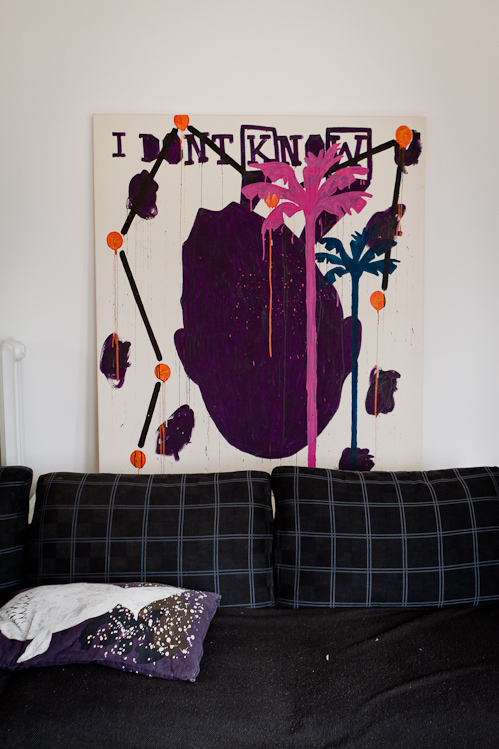
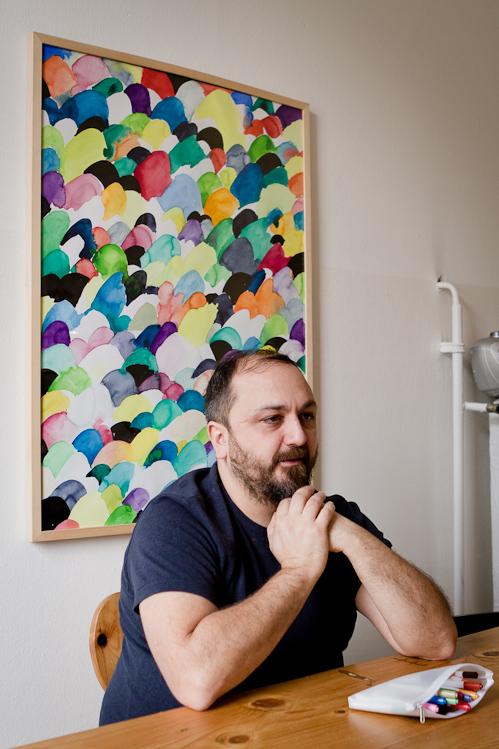

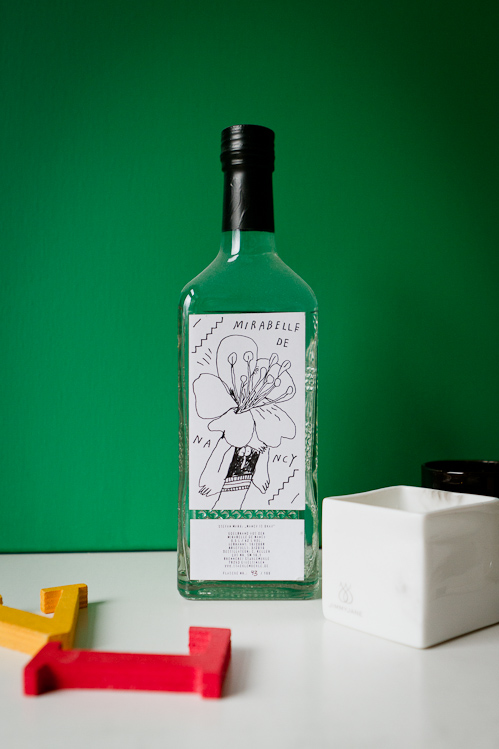
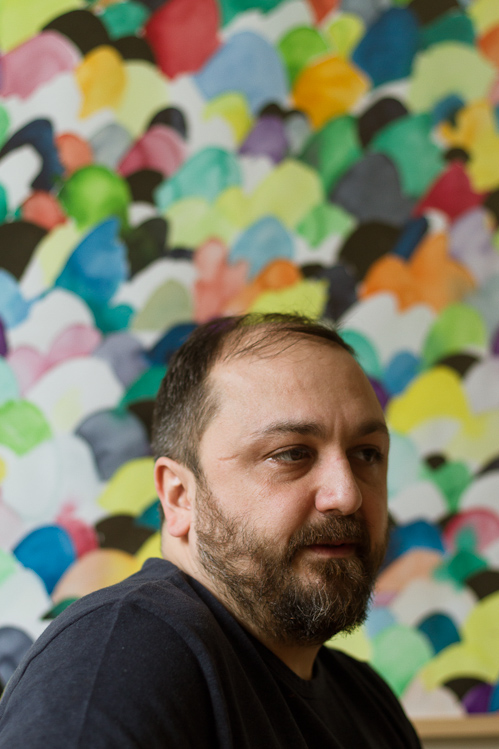

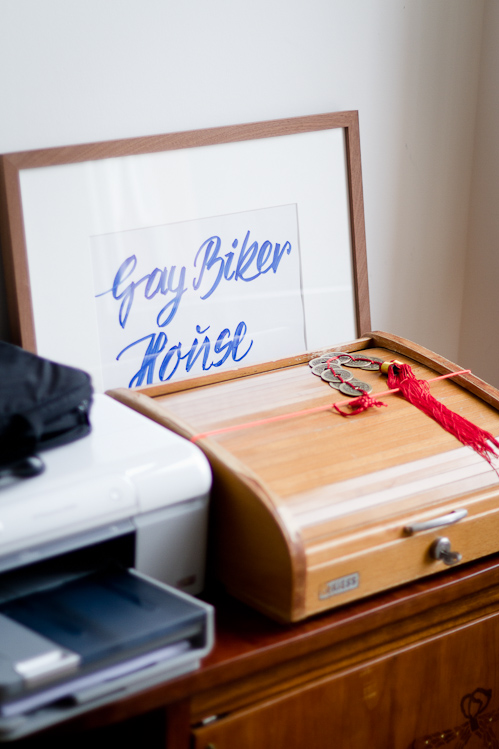
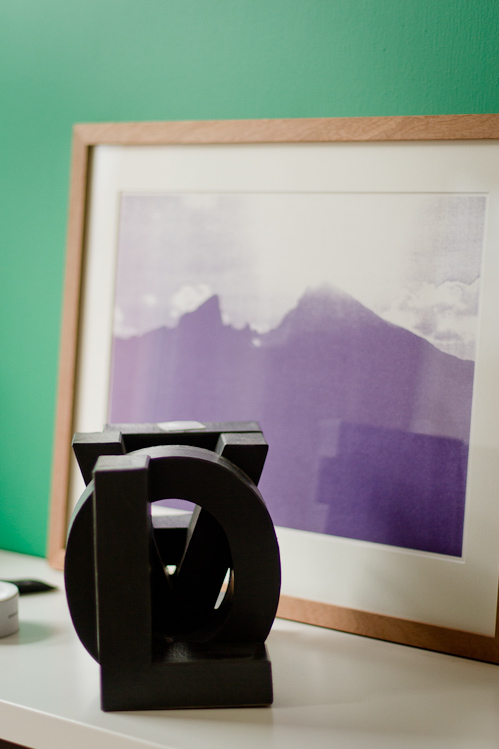
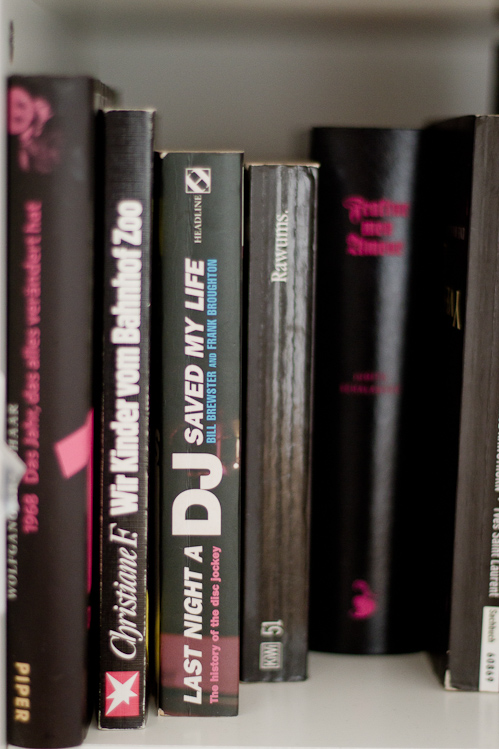
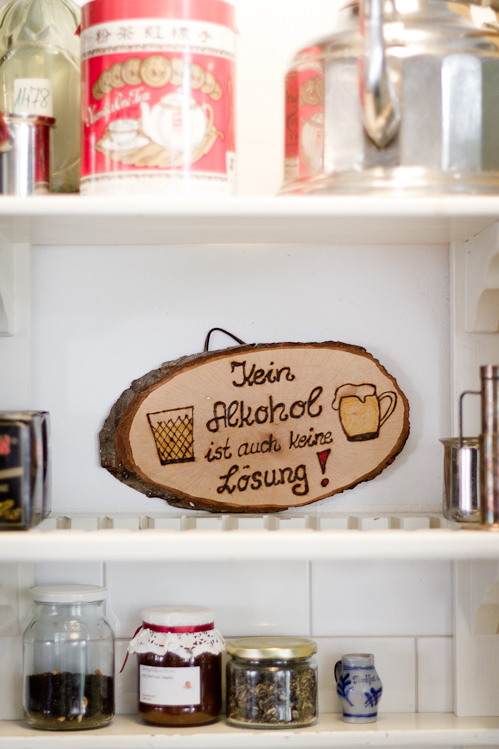
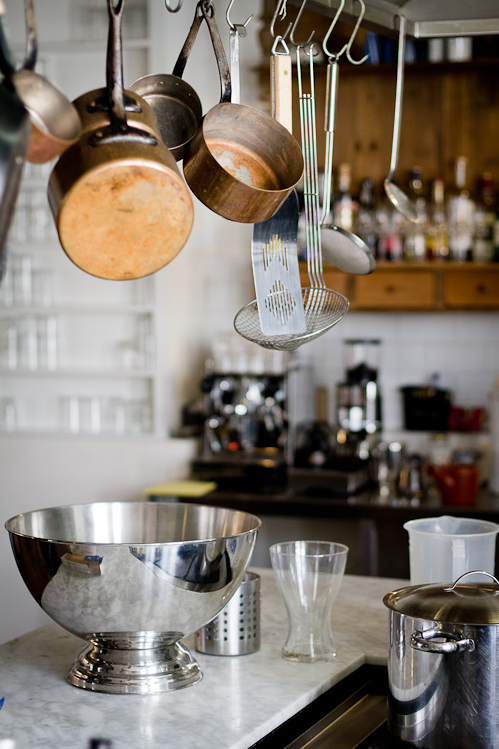
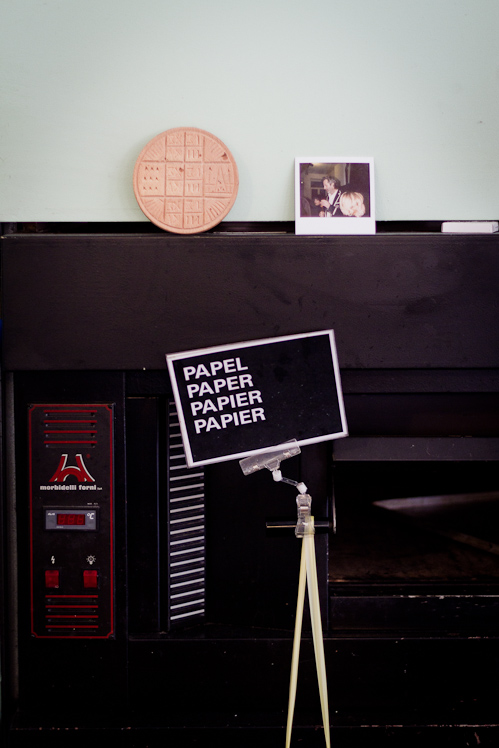
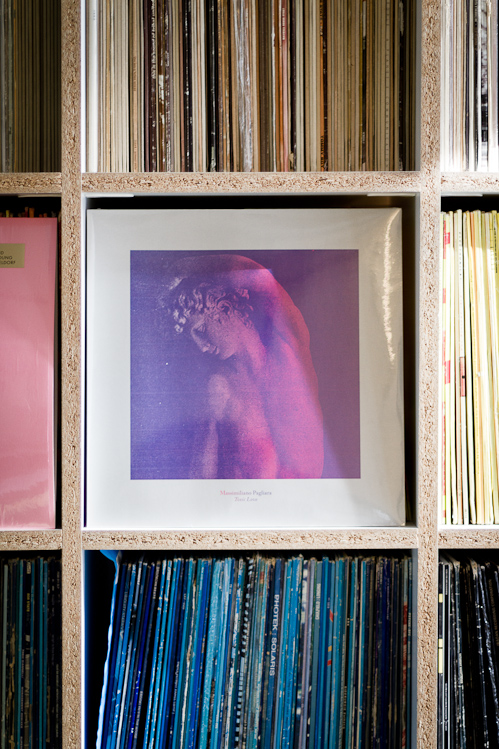
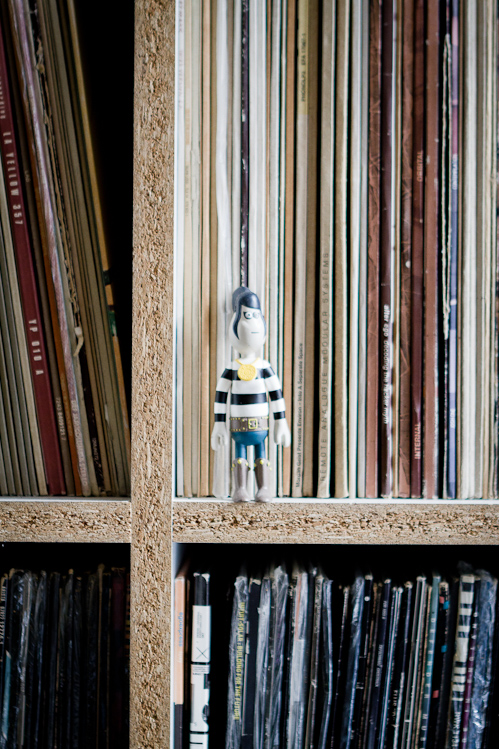
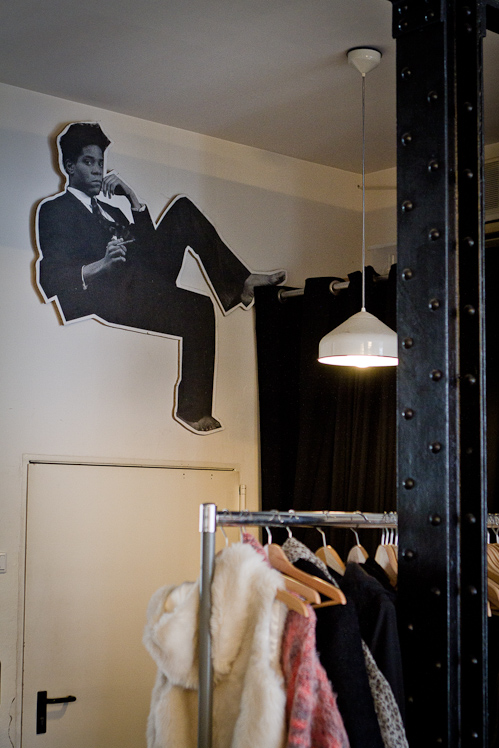
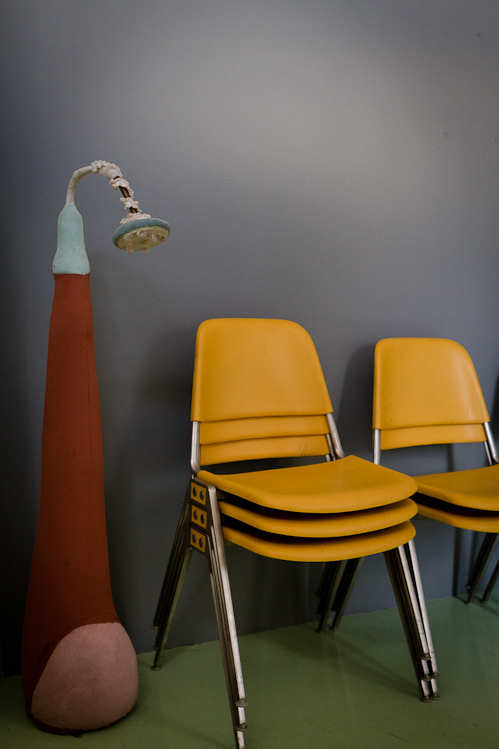

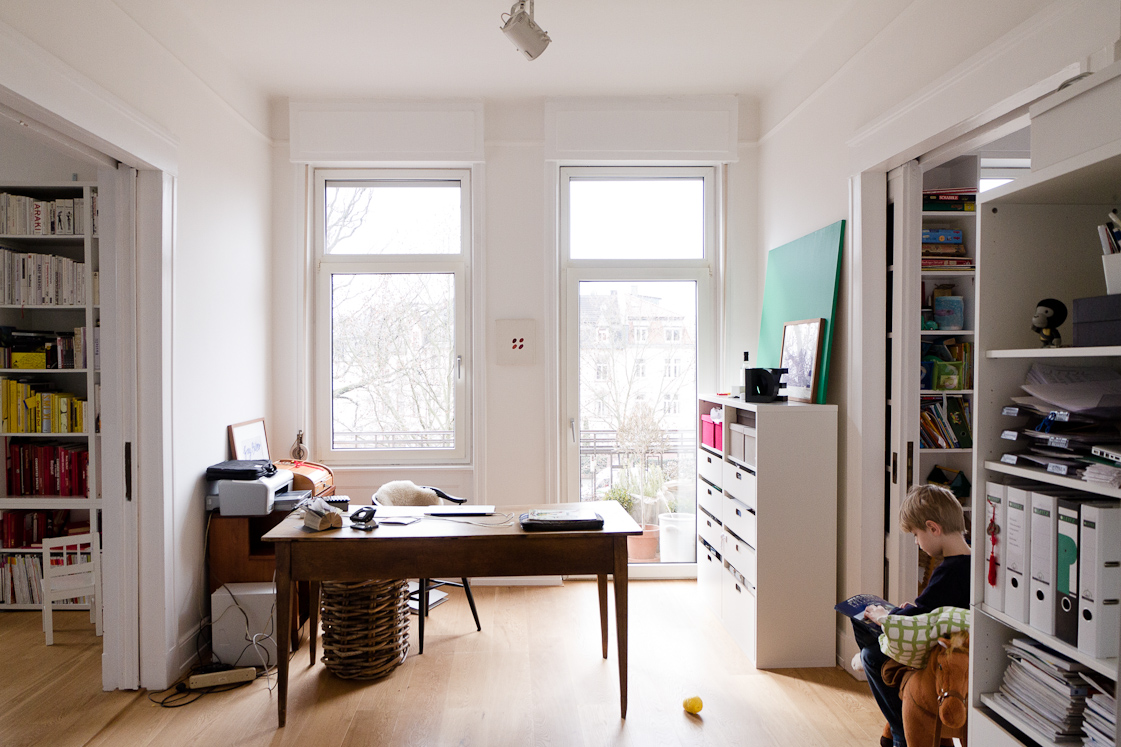

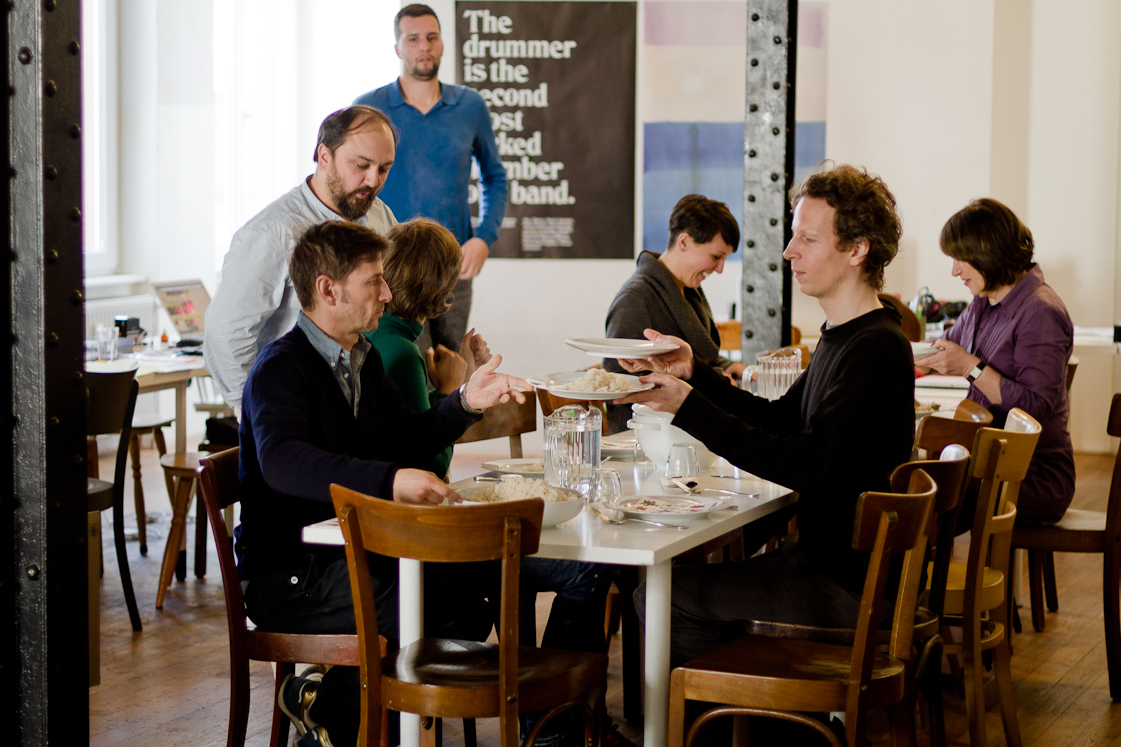
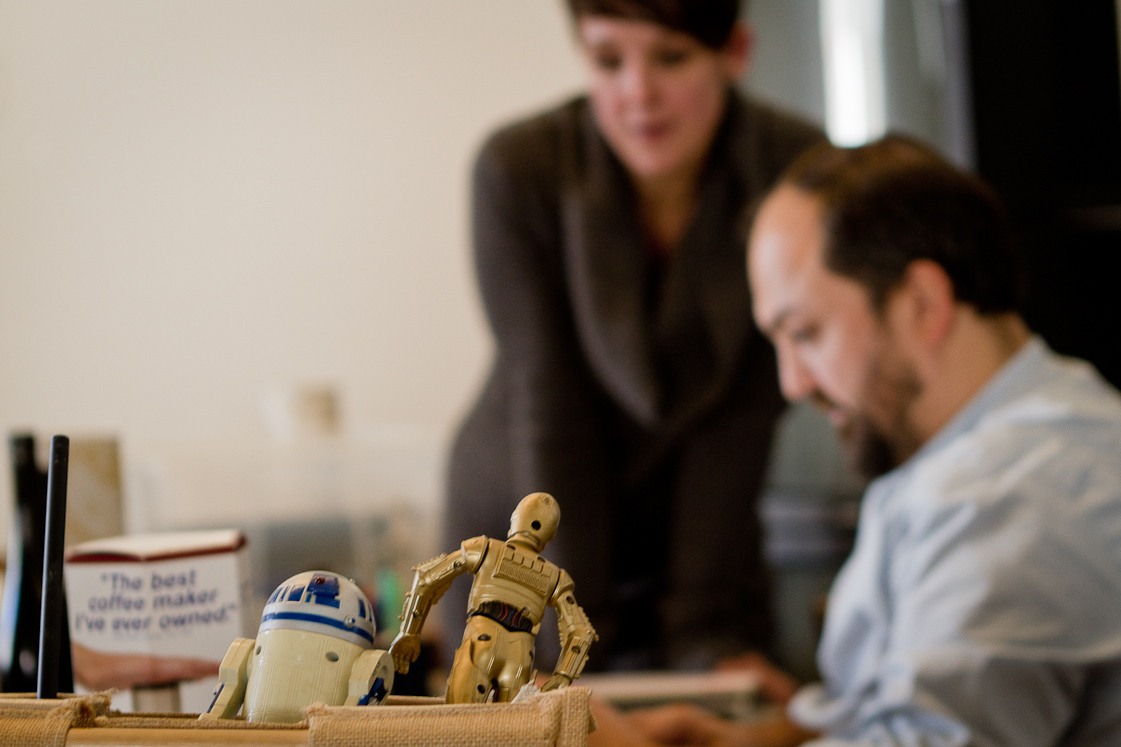
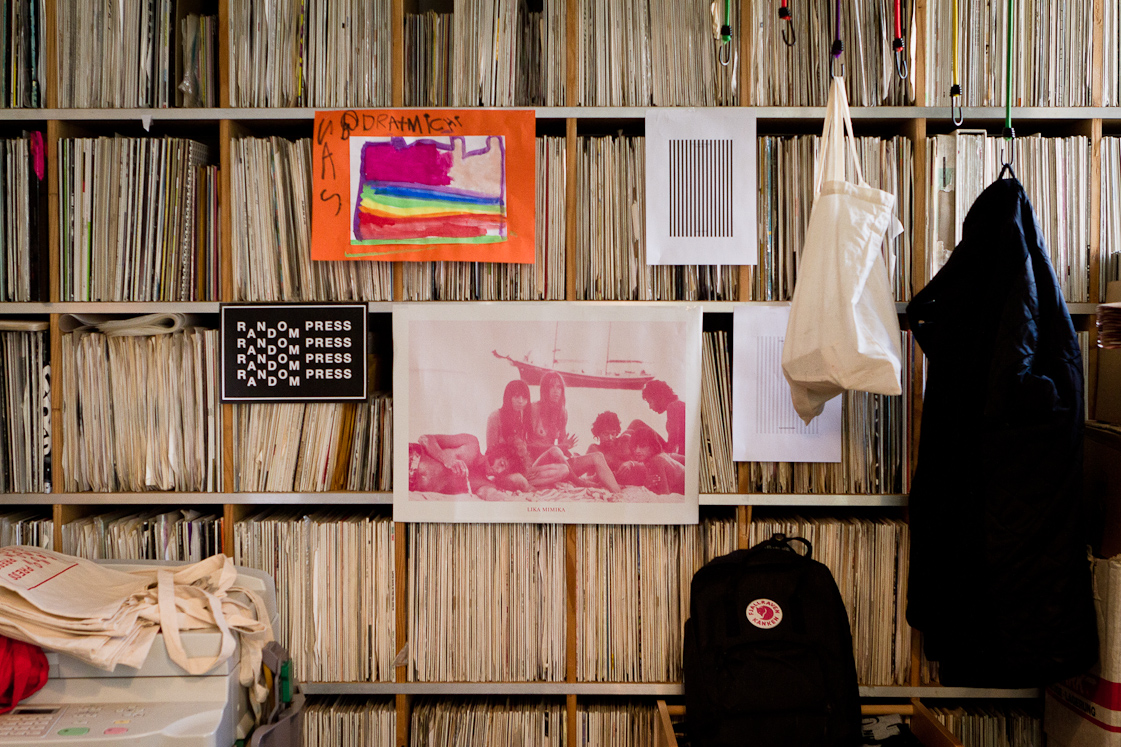
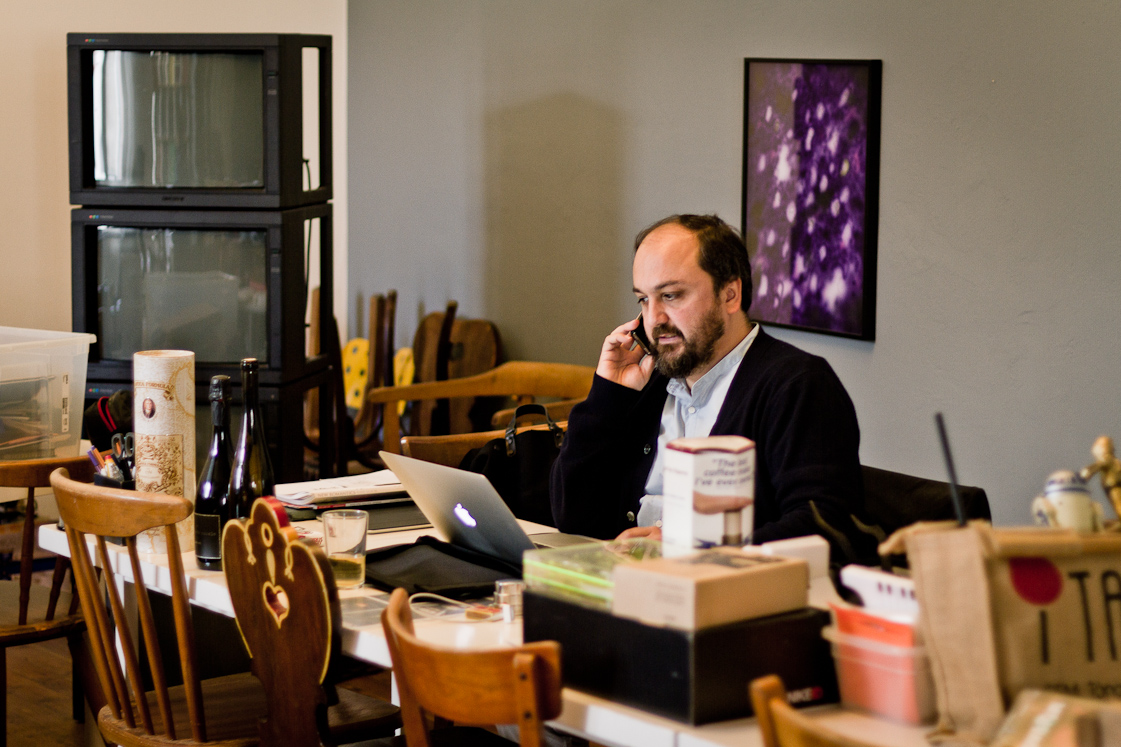
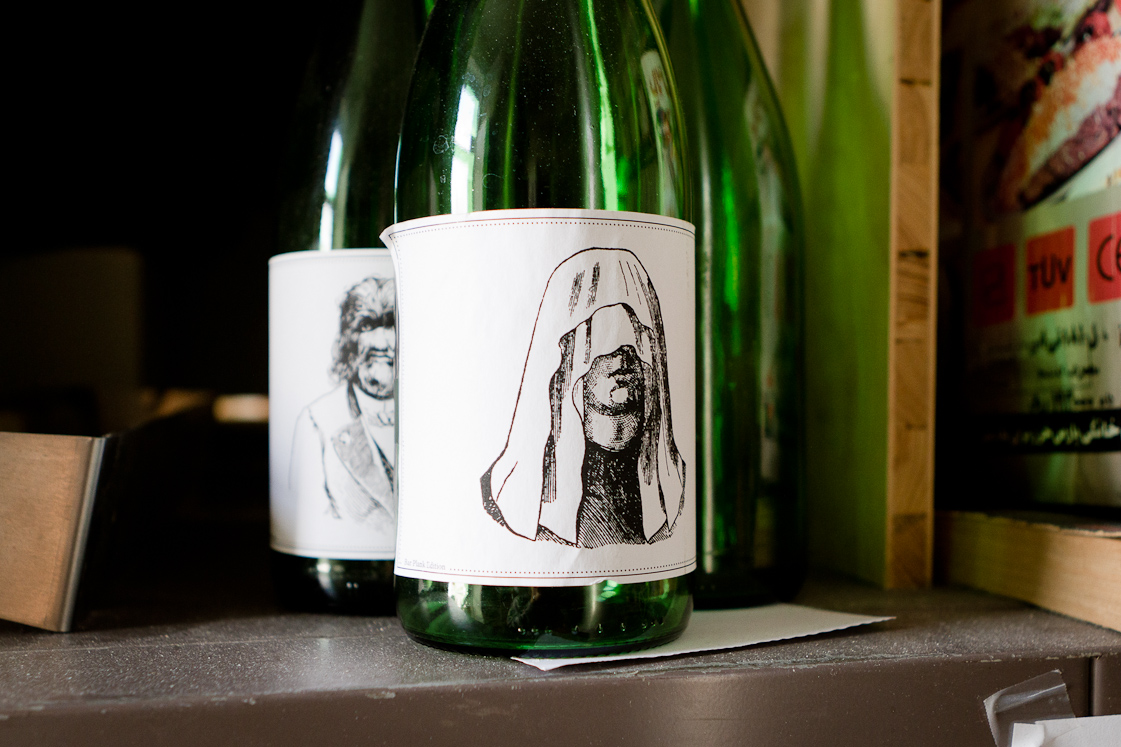
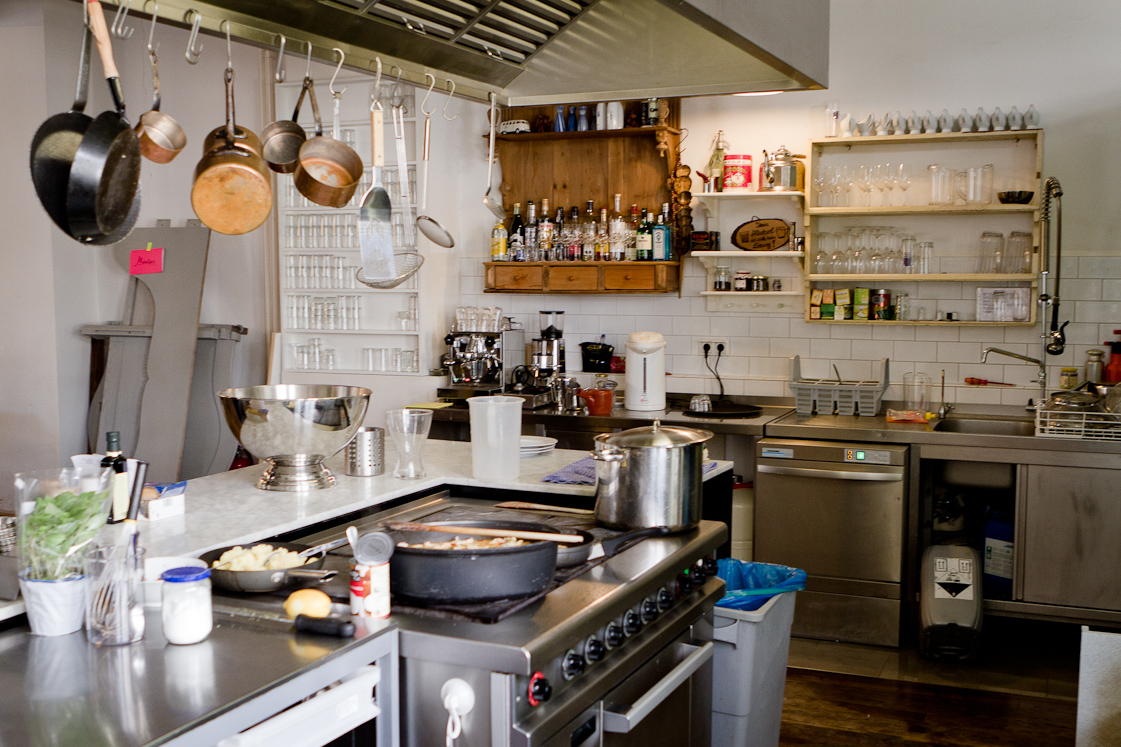
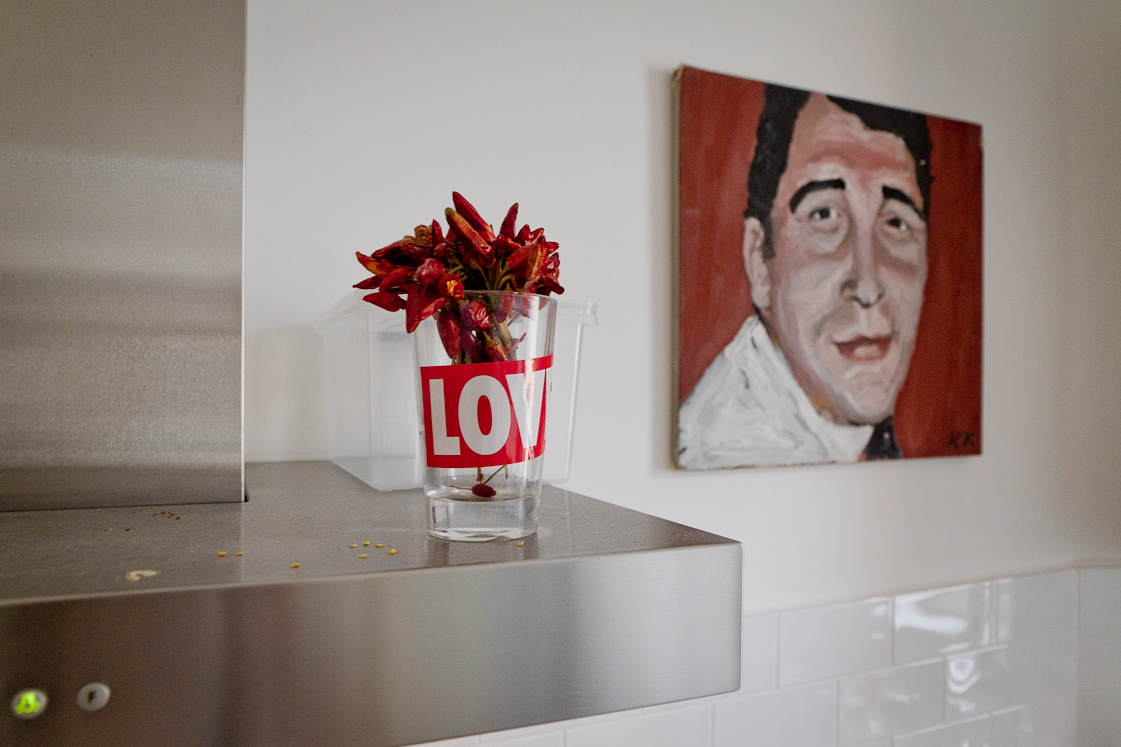
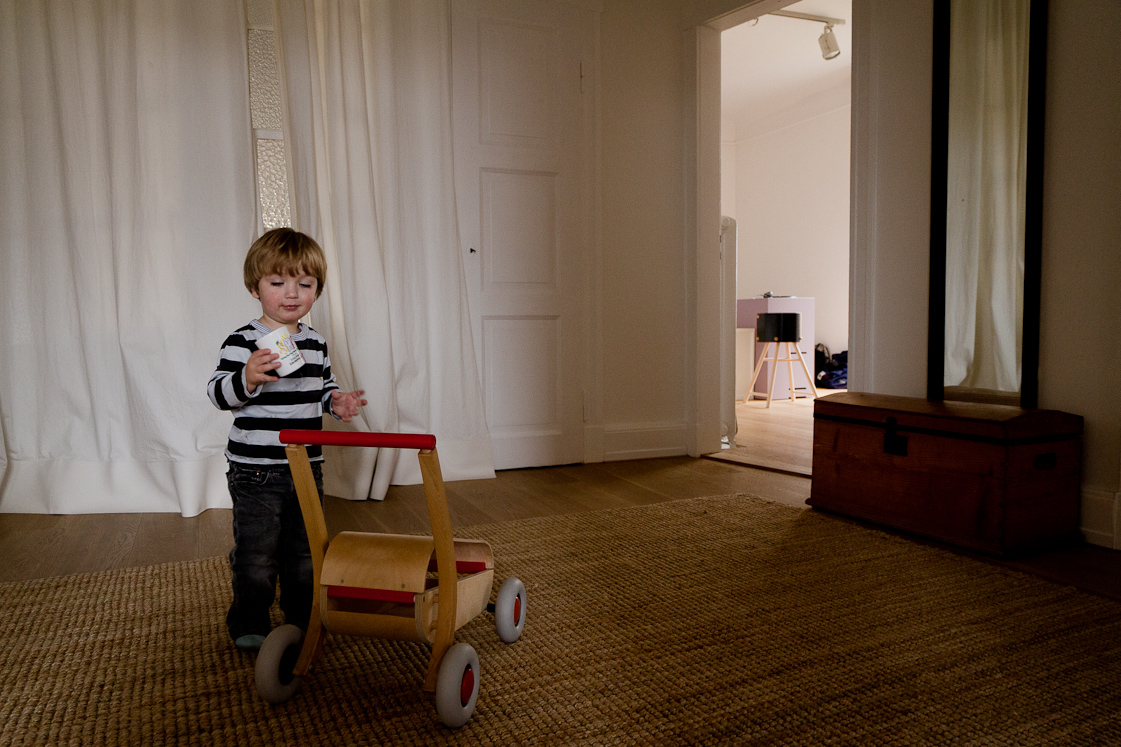
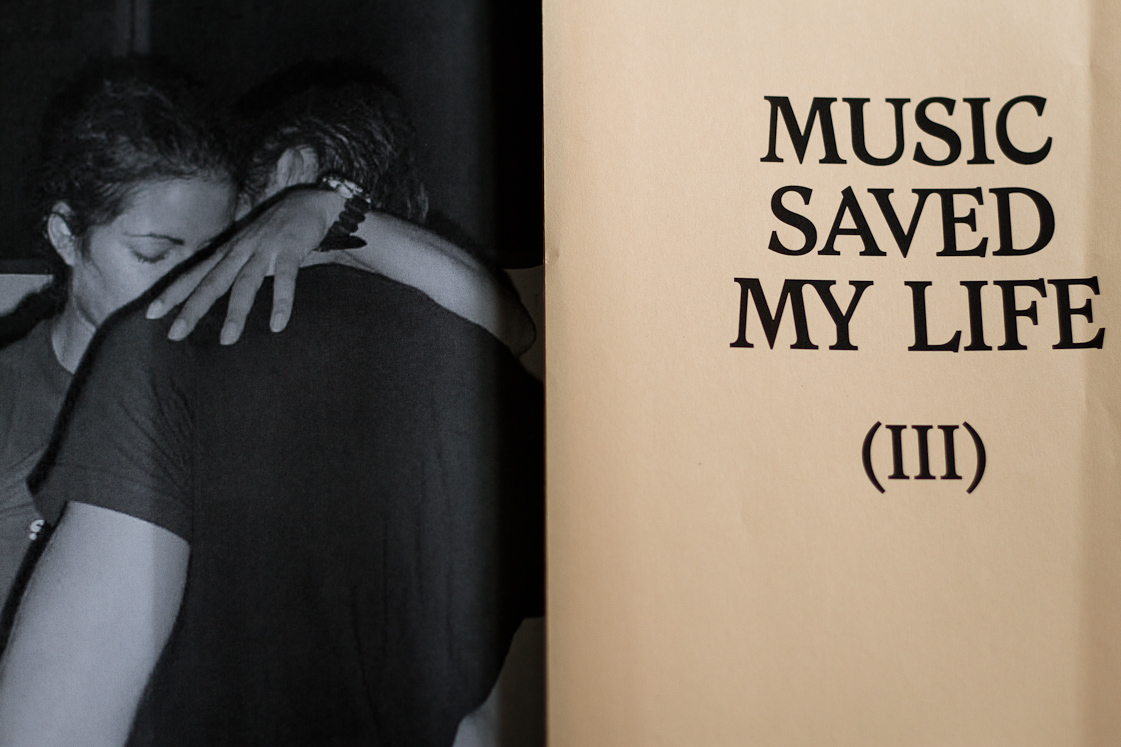
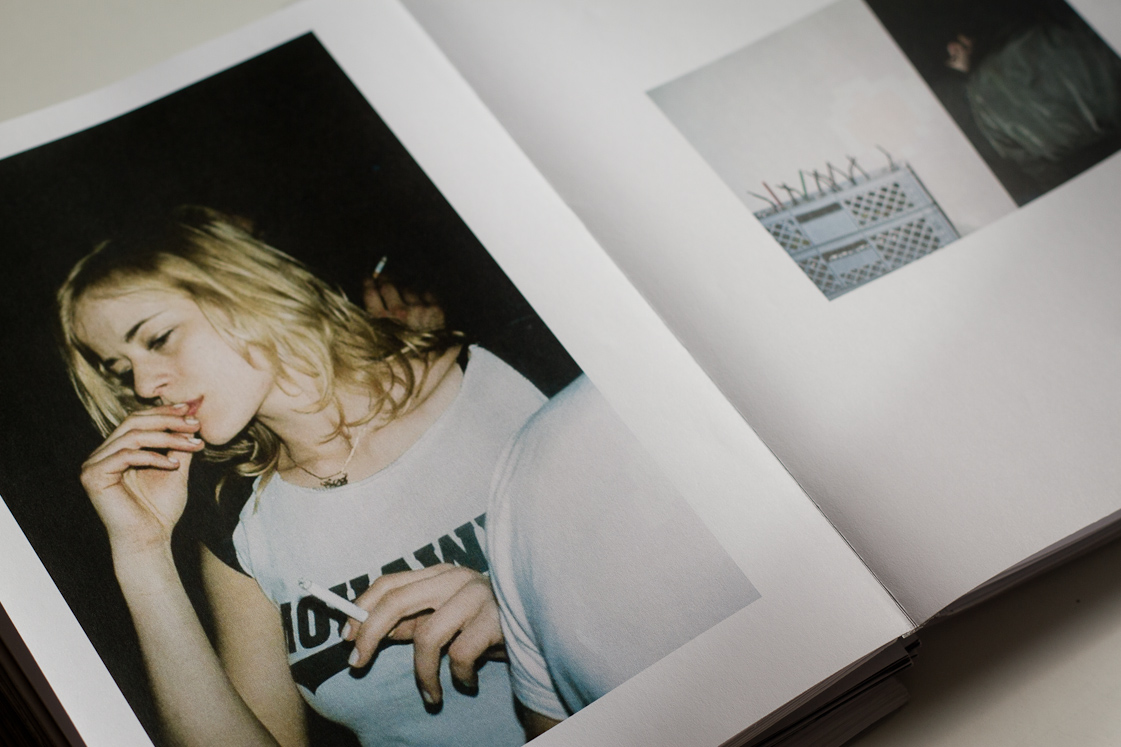
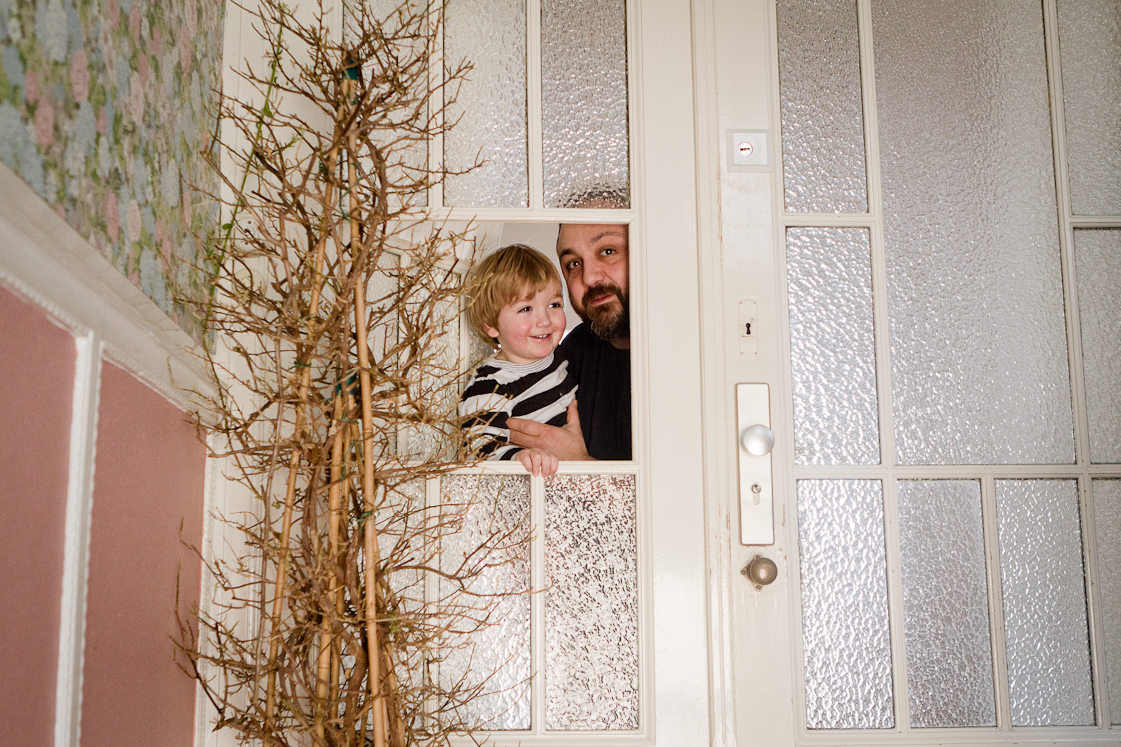
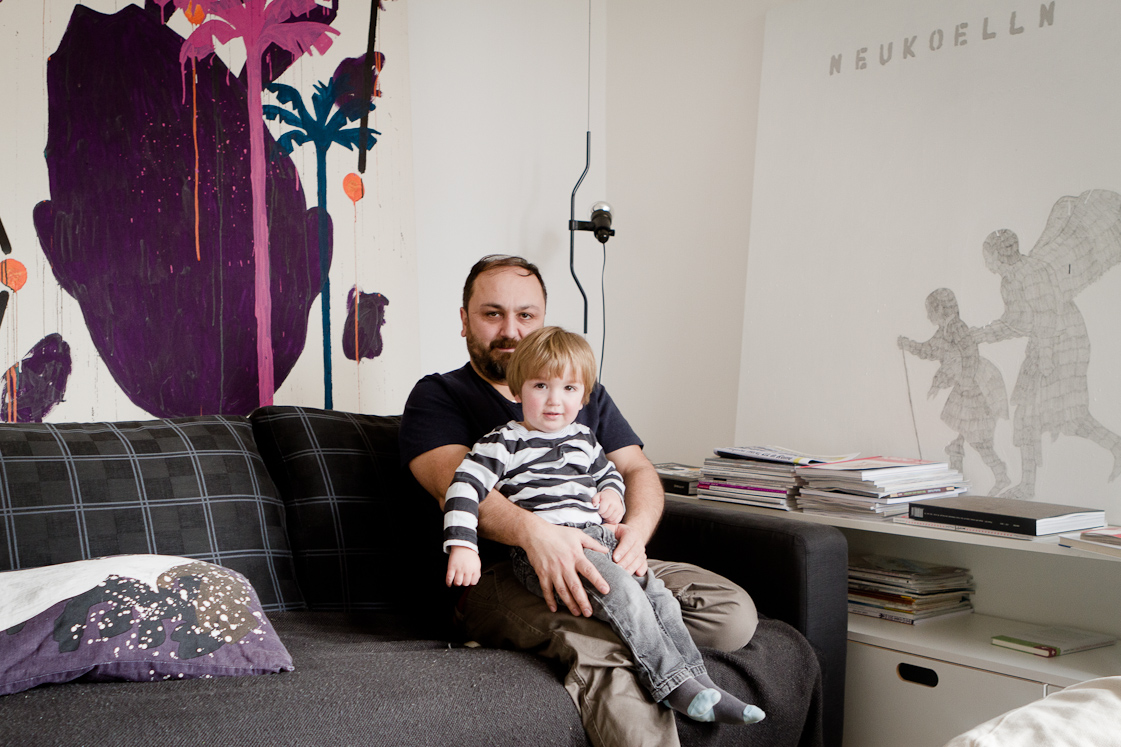
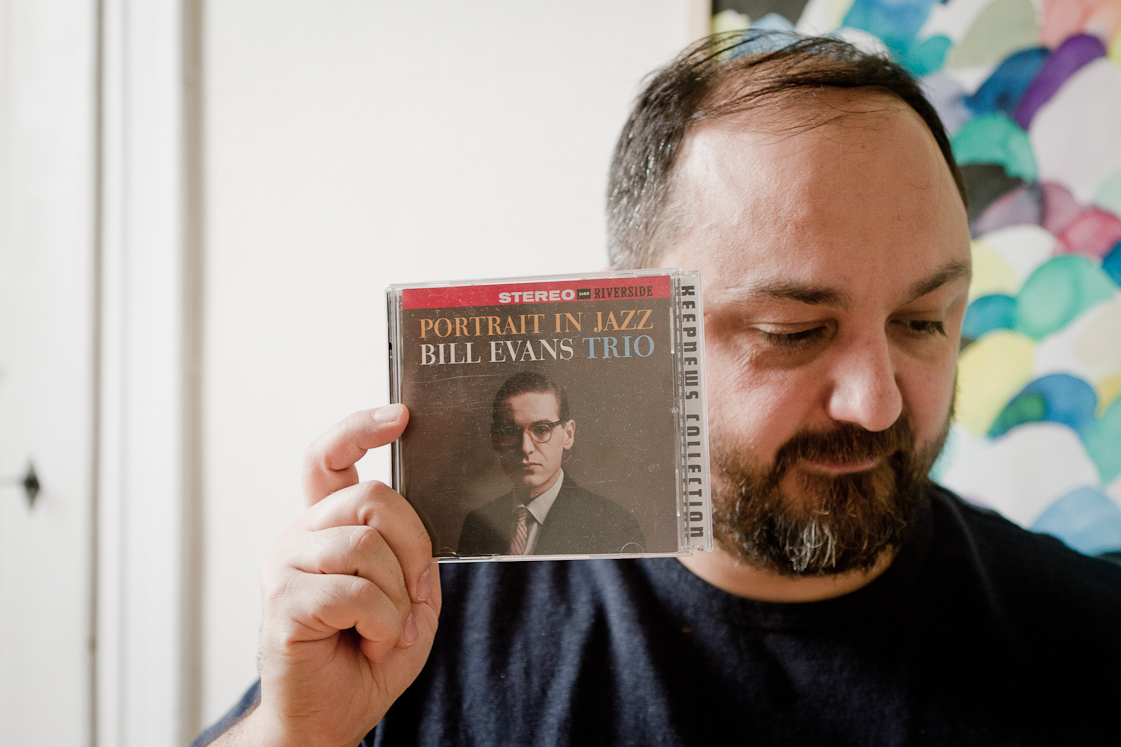
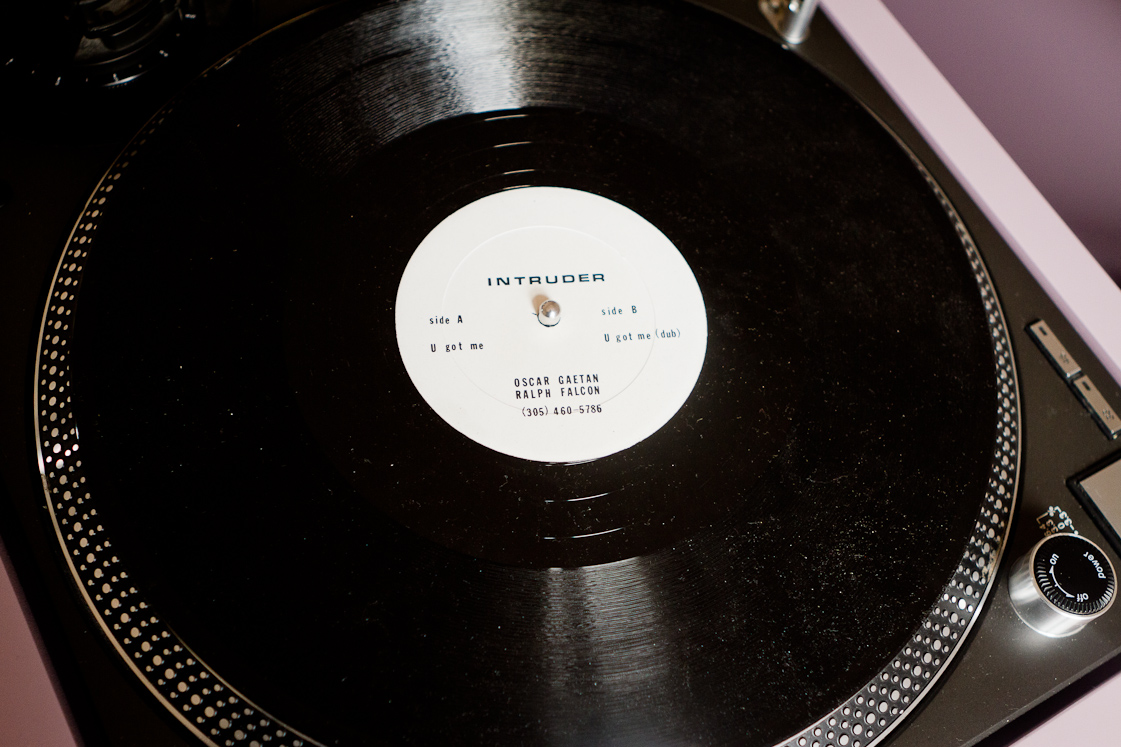

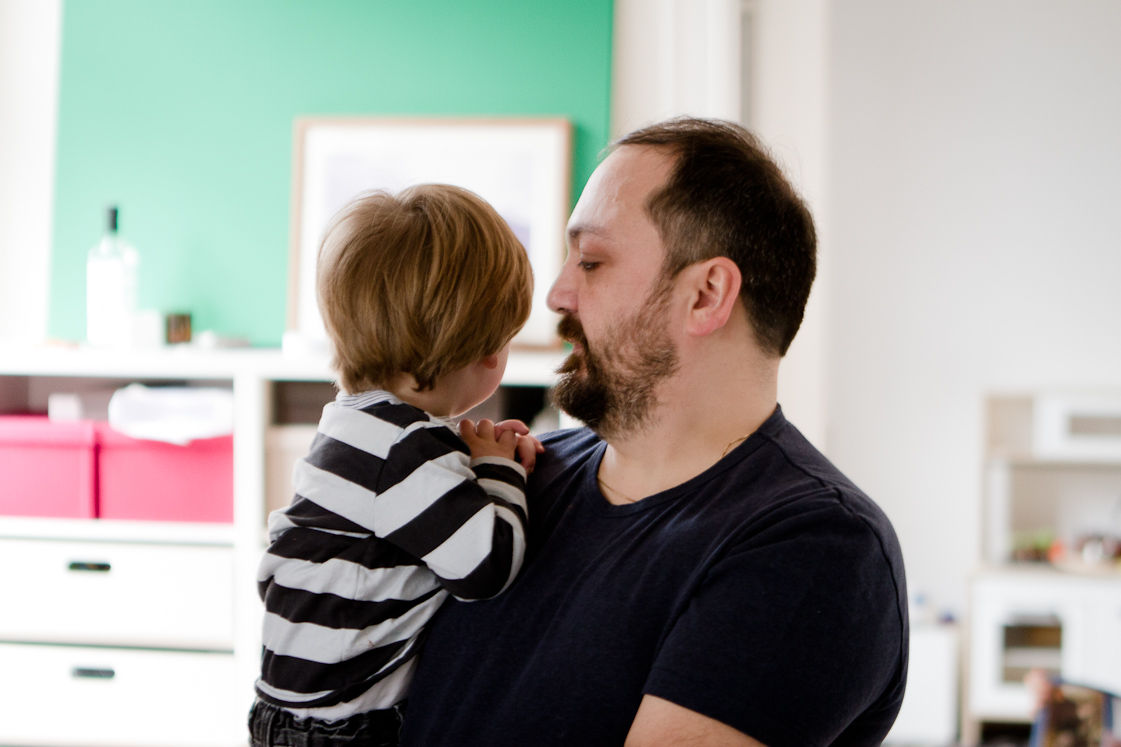
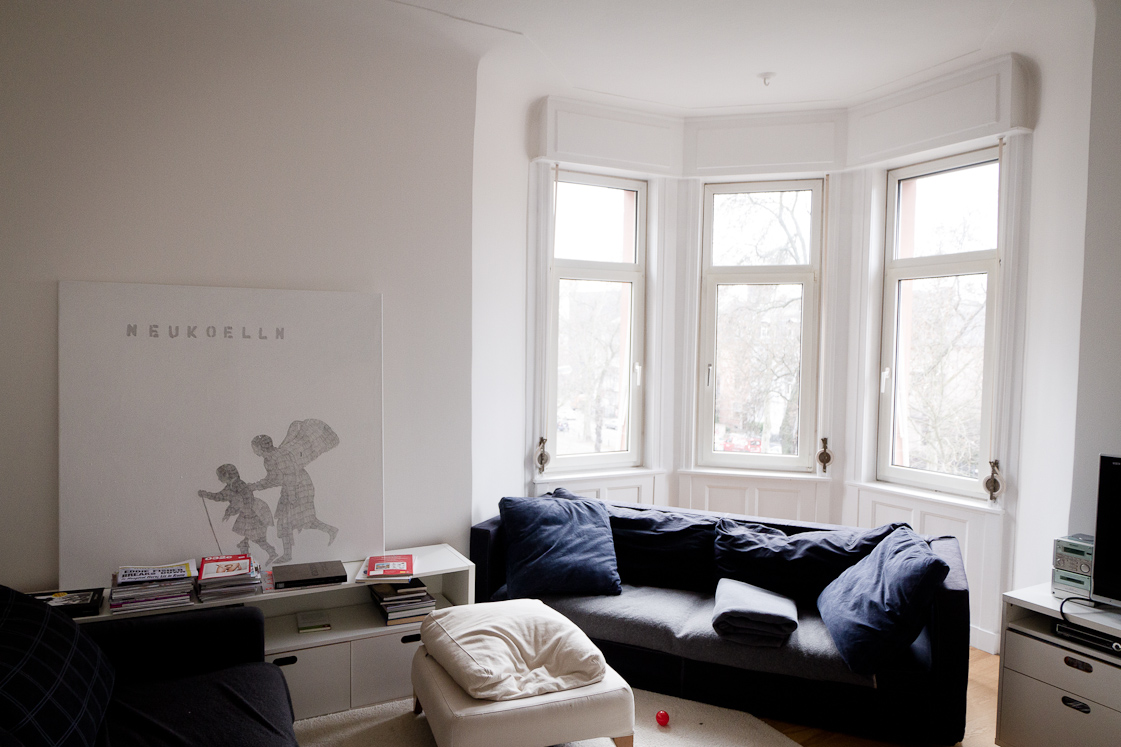
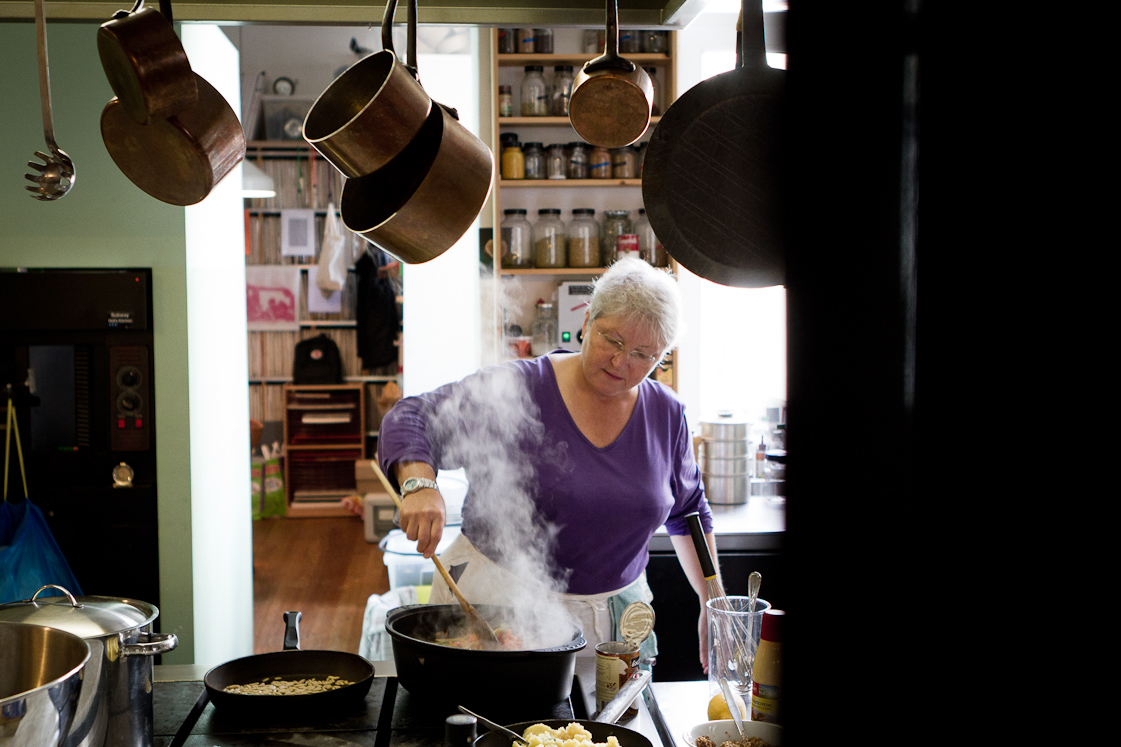
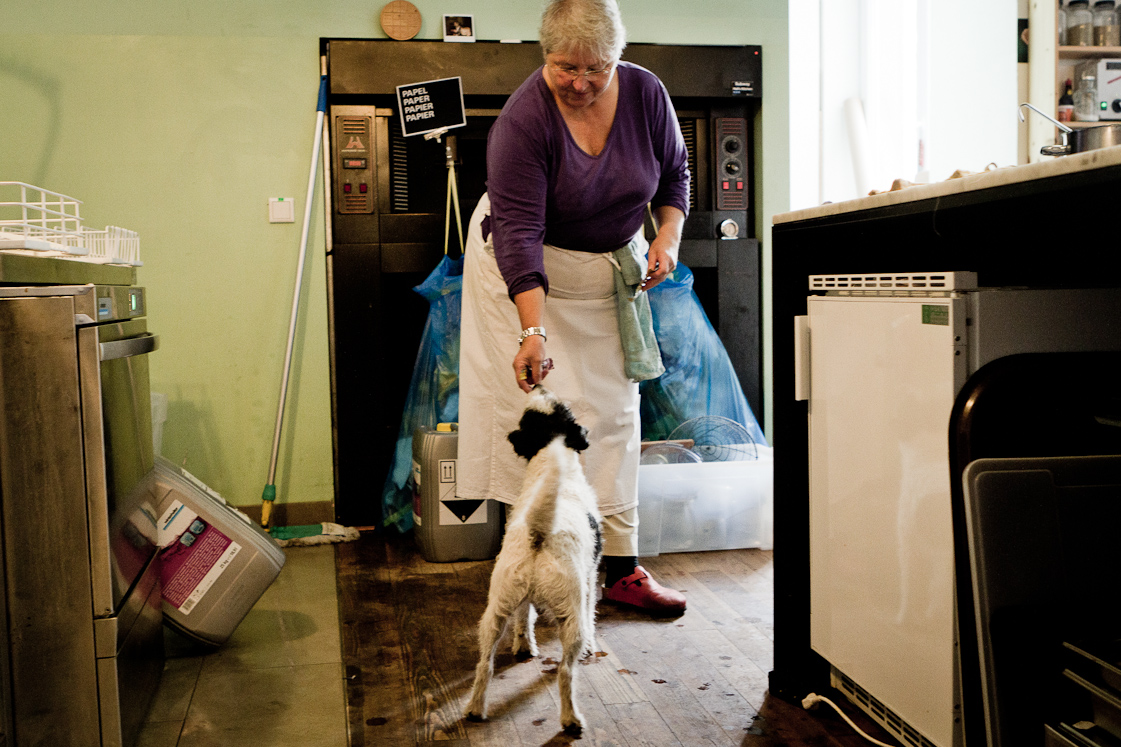
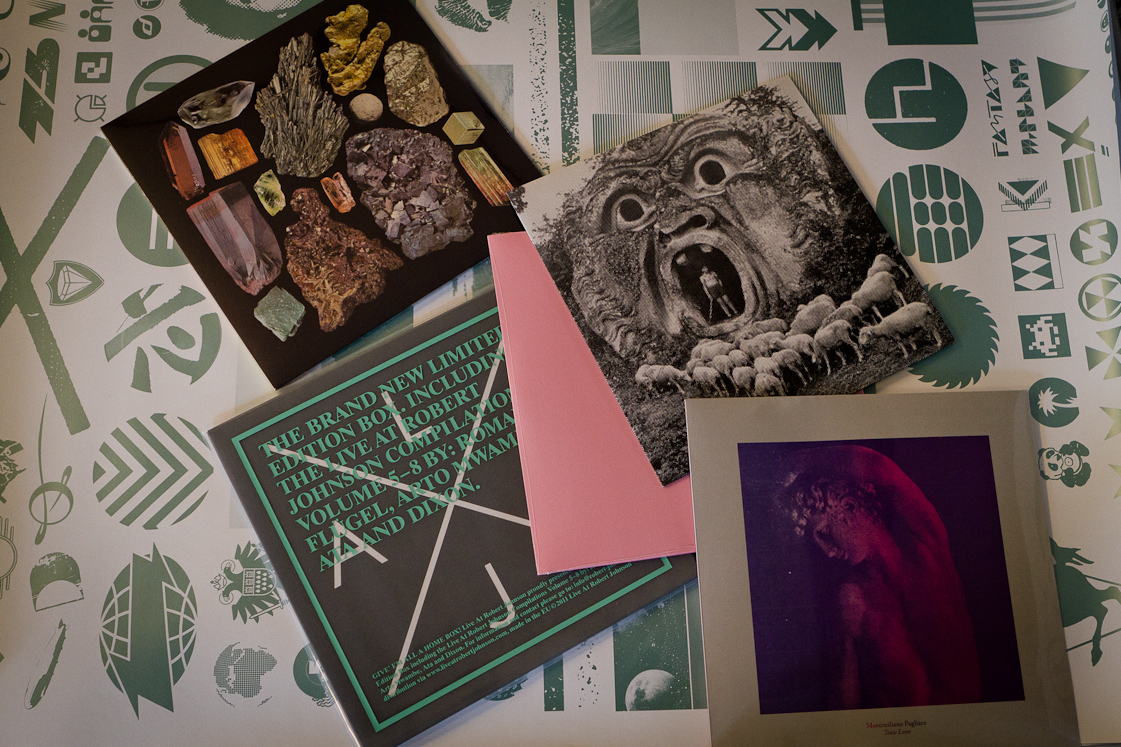
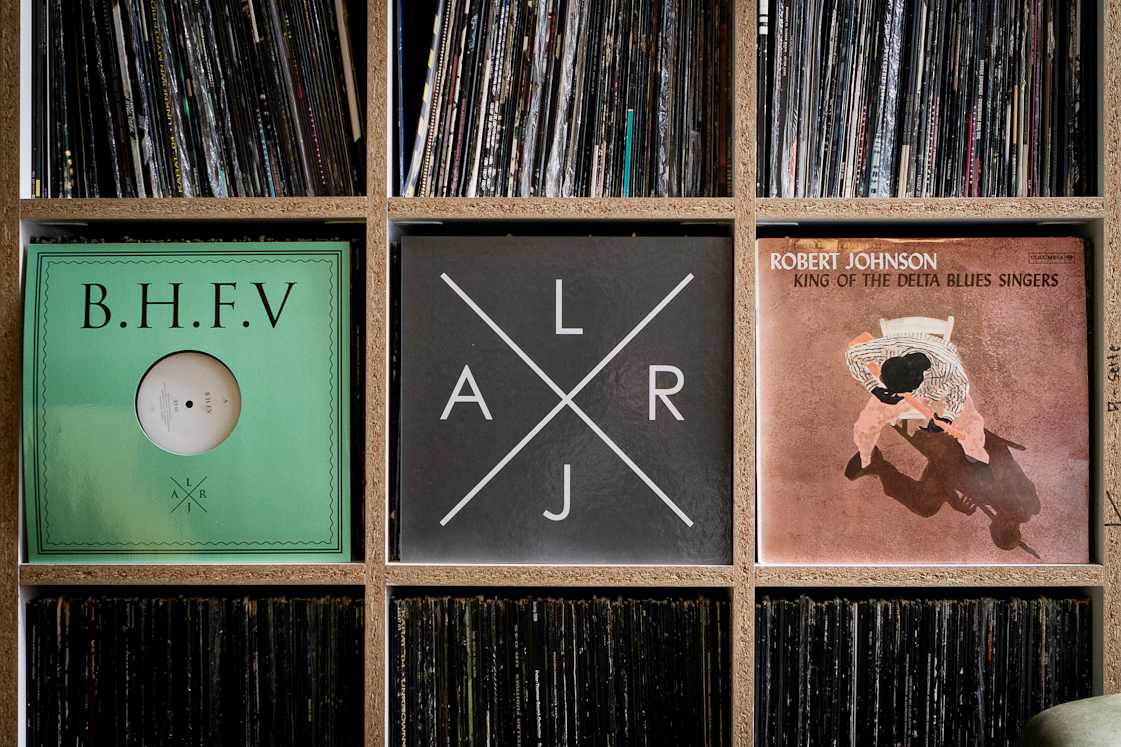
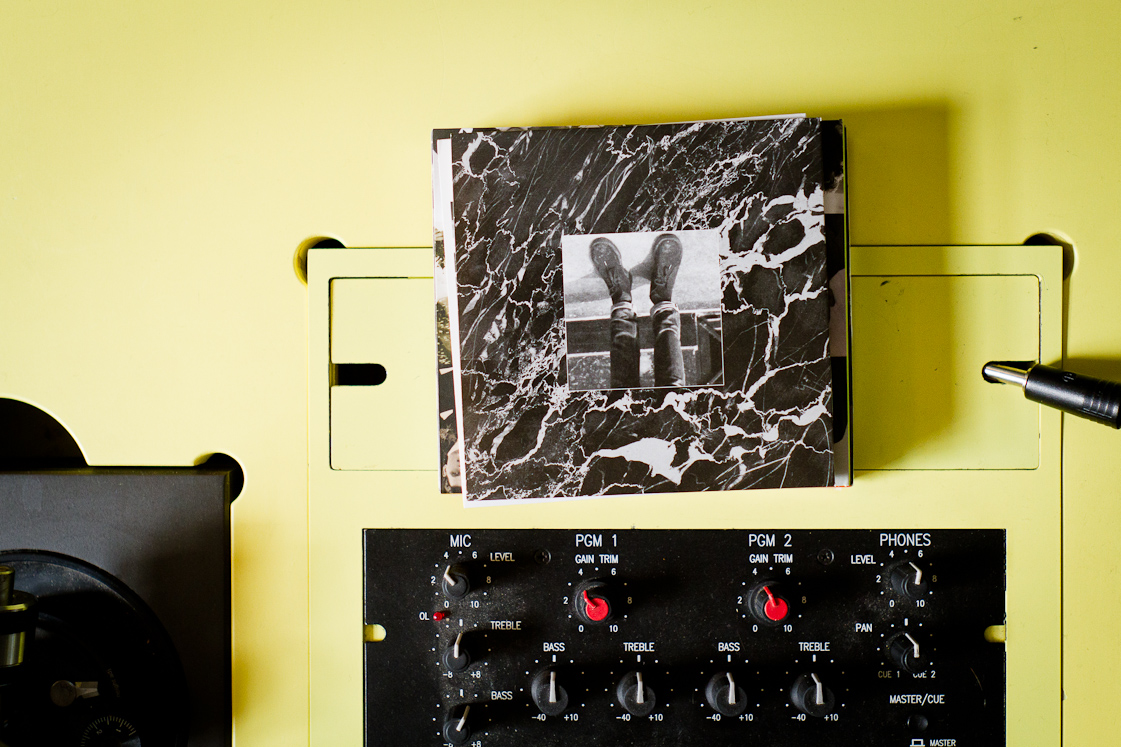
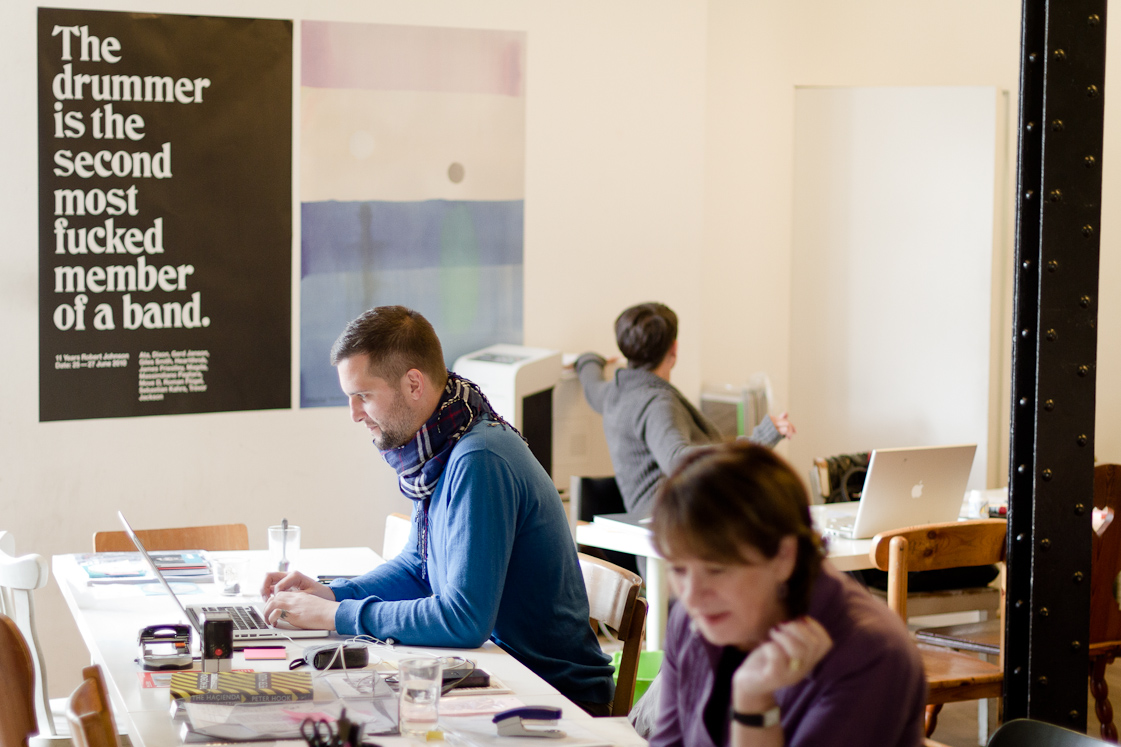
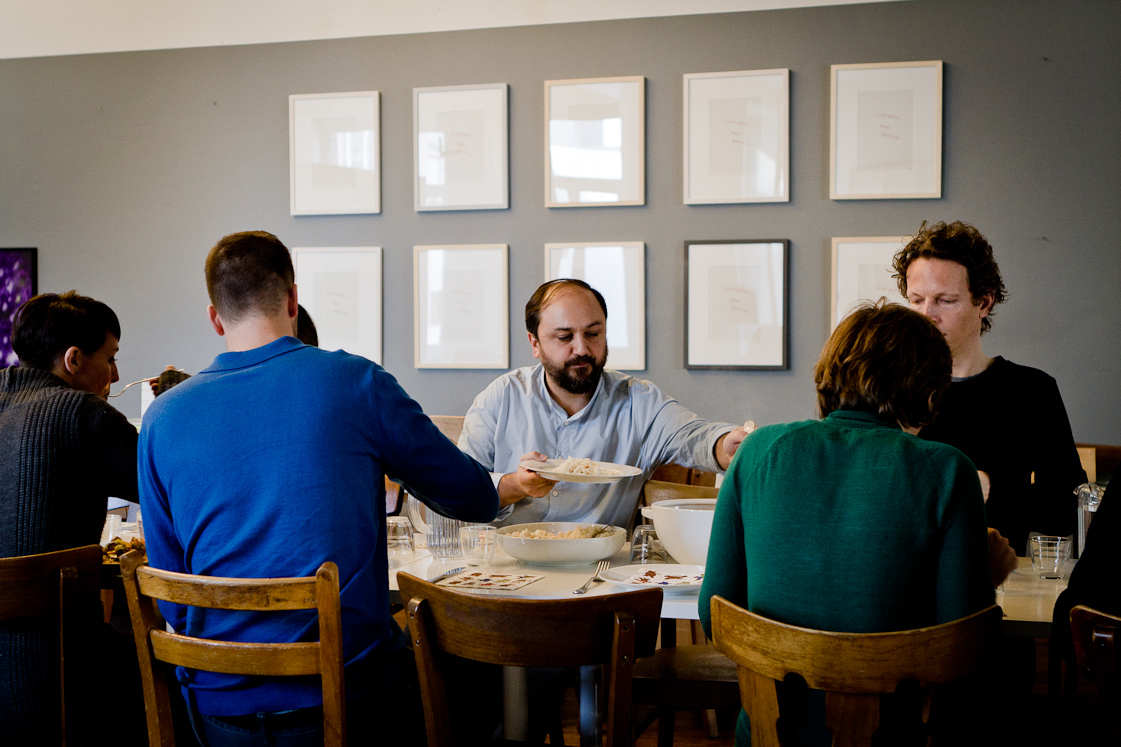

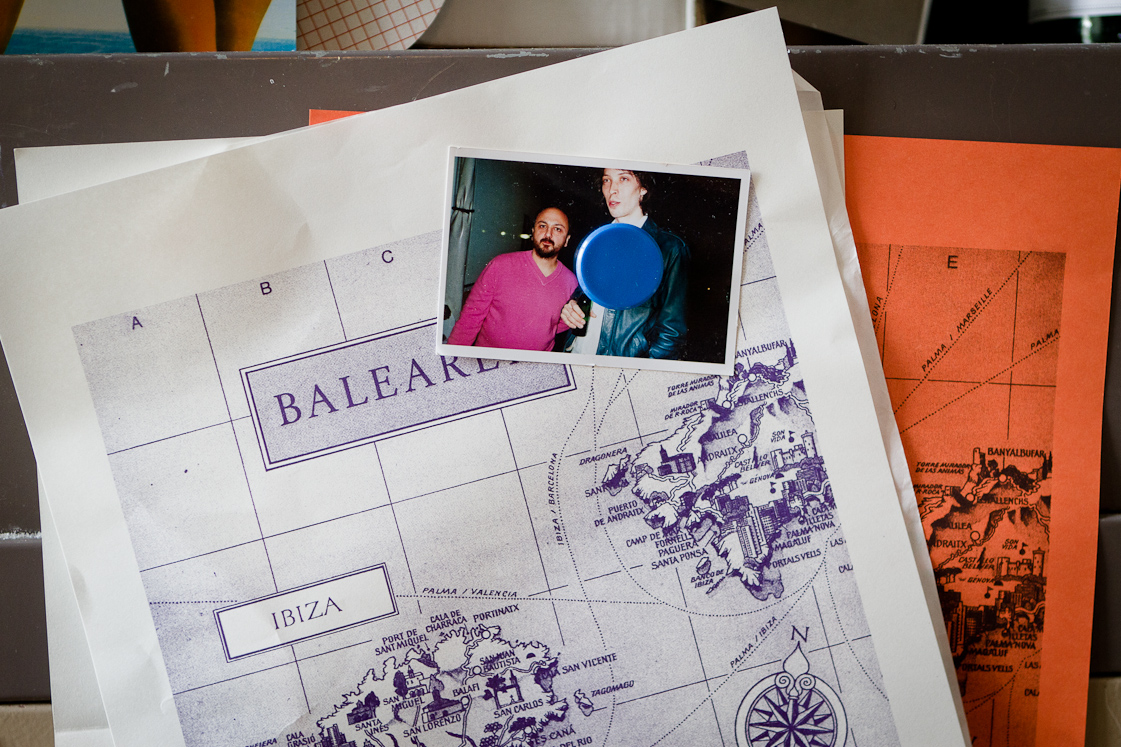
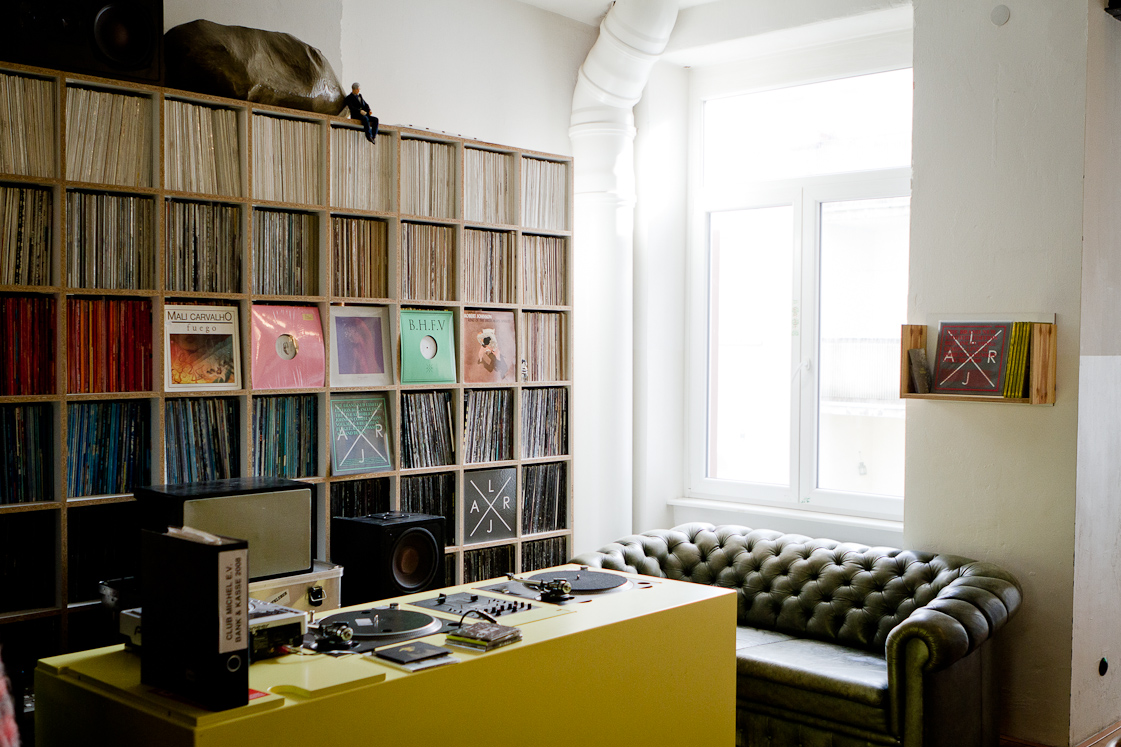
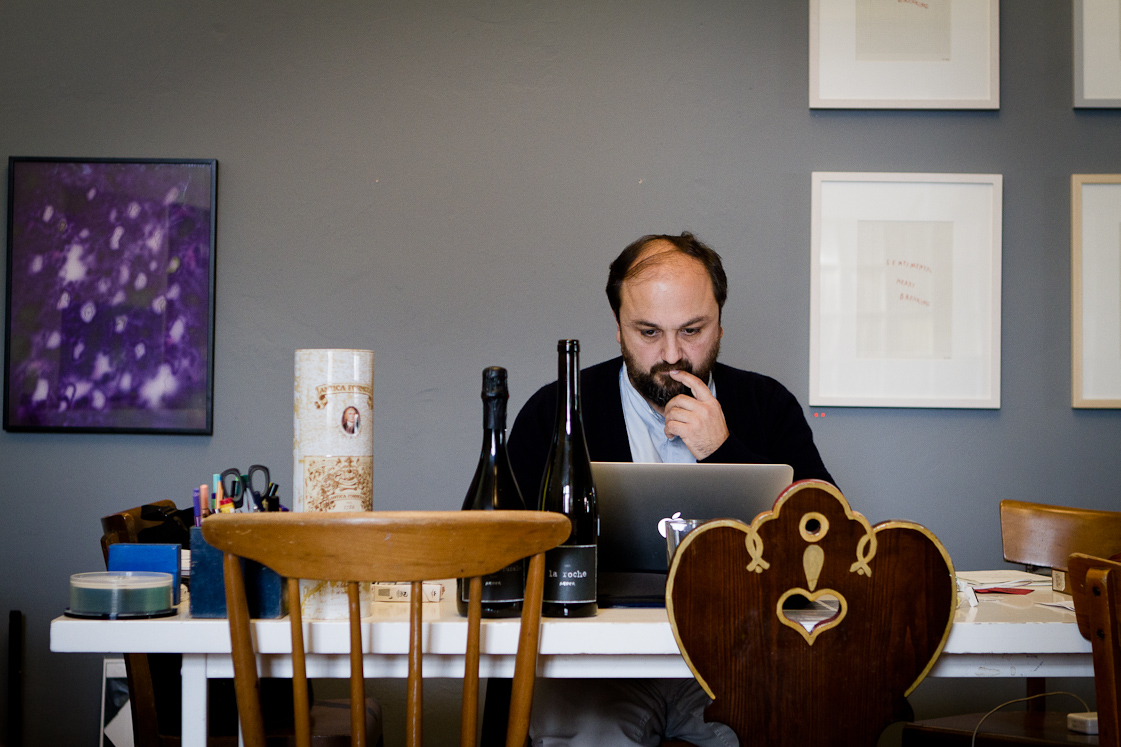
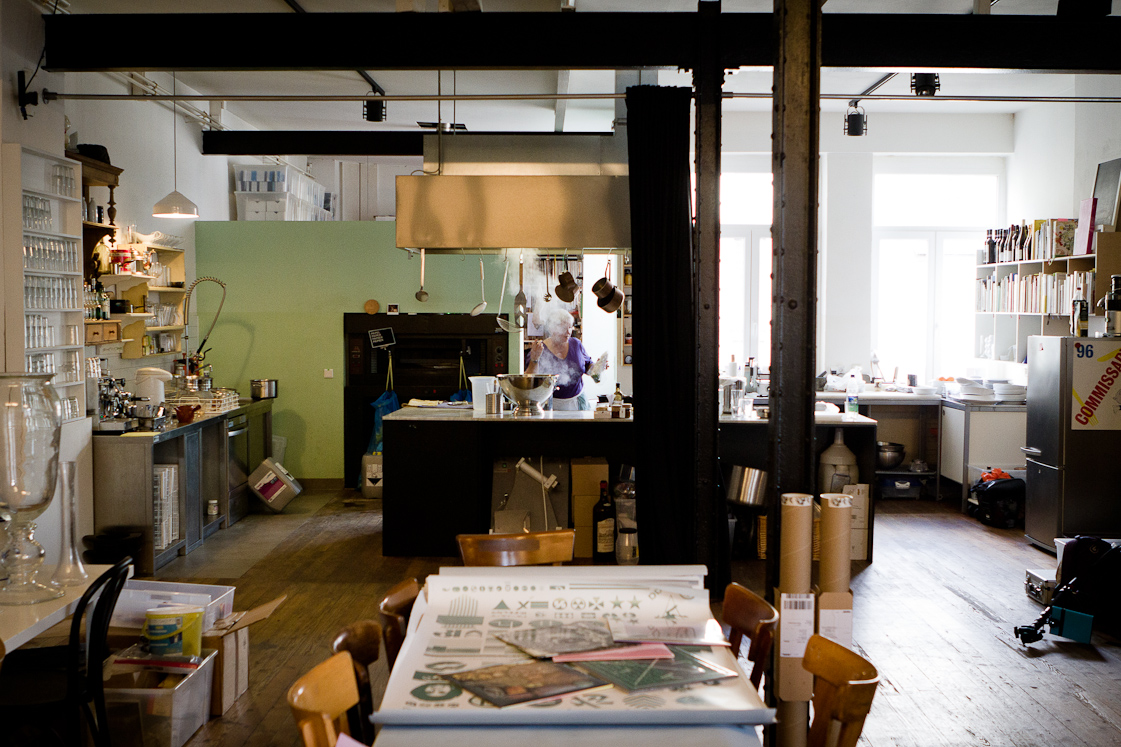
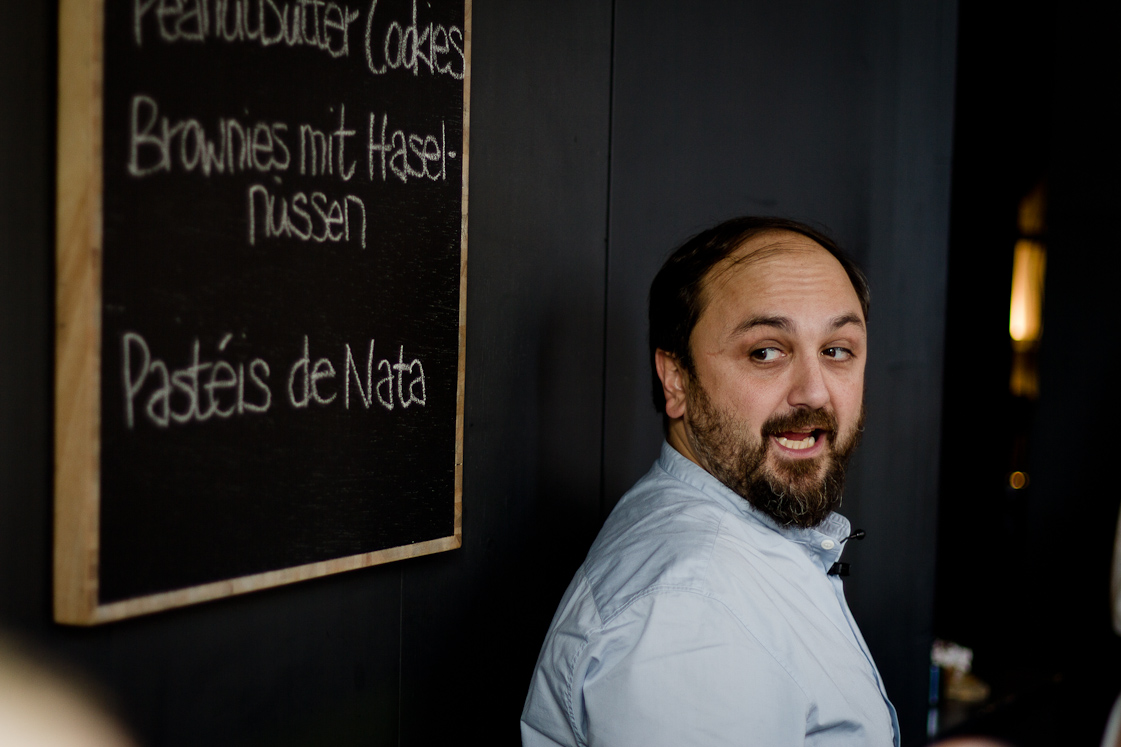
You’re involved in so many different kinds of projects. What do you say when people ask you what it is that you do professionally?
Over time it has become clear to me that I must stand by the fact that I am an artist. I used to be a DJ and today I am simply a freelancer; there is no other way to describe it. I do pretty much everything; music, cooking, hosting and looking after people, photography and fashion also.
What do you do within the realms of fashion?
We work on printed t-shirts with the Robert Johnson office, and we love doing it just as much as when we started because prints always express something and there are also political elements involved.
I am greatly interested in fashion as a whole and enjoy reading fashion magazines and keeping up to date with the collections, for example, from Bottega Veneta. I find myself most drawn to women’s wear as men’s wear doesn’t interest me in the same way. Ideally I would like to do more within fashion but at the moment the practicalities haven’t allowed for this.
Are there any future projects you would not be able to refuse?
I really would like to produce more fashion but I do think it is a very specialized field.
For a while I’ve had a thing for shoes. I always try to dig up pieces that have a meaning and that make me happy; at the moment I am looking for a shoe that created a furore 30 years ago – the Zip shoe from Switzerland. As fashion is so circular with the past constantly resurfacing and being reinvented I think it could fit into the fashion world really well at the moment. We’ve been wrapped up in the 80’s for about 10 years and it is possibly the biggest loop we’ve ever been stuck in. Just the thought of the fashion industry moving back to the 70’s makes me yawn…
So you don’t think much of the extreme vintage trends?
No, I really don’t like it when fashion leans too heavily on past trends; for example Lanvin does amazing work, and I am quite a huge Bottega Veneta fan, because women look so effortlessly stylish in their pieces. Clothes must fit the person like a glove, whilst appearing completely natural and this is really hard to achieve.
It could be said that all your businesses are heavily styled by you, which surely is a big factor in their appeal. Do you ever worry that you might lose yourself in superficiality and the aesthetic?
I’ve never asked myself this question before. The bottom line is that I work on the ideas that fill my head and that I enjoy working on whilst at the same time being open to other people. What I really don’t like I simply do not do.
This is the current dilemma facing the industry- people just copy each other and this renders them unable to go beneath the surface.
Only very few people take the route of “I’m going to build this house from the ground up again”, and by creating this solid base I am creating my individual character. Through what I do with fashion I am building my own world in which my work is deeply rooted.
You have work by Stefan Marx and Carsten Fock in your apartment. What draws you to a piece of art?
It’s only when I am 100 percent captivated by a piece of art that I buy it – who it was painted by does not interest me in the slightest. I don’t care about the name on the piece, what is important to me is that I like it and that I have a personal relation to it.
What I’ve found to be particularly bad on the current art scene is the way in which pieces of art are traded just like currency.
This is however not only relevant to art but also to music. In the past DJ’s like Paul Oakenfold created amazing things but then eventually they realized that more money could be made from shallow music; often they didn’t even realize that their records got worse and worse. Surely this kills one a little inside. I don’t know if it can make anyone truly happy.
In response to these market changes there are some artists who have gone back working in big studios with a lot of employees producing art that could almost be described as industrial art – if you can still call it that.
Yeah, to go your own way, be versatile and then still be good again and again is damn hard. When one of our printed t-shirts turns out to be a top seller we will stop producing them at some point. Around 150 pieces needs to be the cut off point so we don’t kill the appeal of it. Naturally people who like to drive big fat cars won’t be able to share these believes of mine.
These are two different world views.
But I’ve got to say that I go to bed with a clear conscience and get up well in the morning…
Were you actually born in Frankfurt?
Yeah, I was born in Musikantenweg 6 – whatever that means. The yearning for a big city is however something that is within me. In my eyes Frankfurt cannot be classified as a big city. Once you’ve been to Paris, London or New York you know what goes down there and you also get a different kind of input from the people with whom you work.
I must admit that this can be quite sad in Frankfurt sometimes. But I have my friends here and the small compact nature of it is really nice.
Could you describe more specifically what it is that is so sad about Frankfurt?
The sad thing about Frankfurt is that there is not always the feeling that there are any really amazing patrons of the arts who push cultural activities and simply want to do something good. Here there are very few people who do something and are really good at it; the rest are bankers who studied something but somehow never developed their own style.
The Frankfurt style is more “we show that we’re loaded” it’s like a bad version of Hollywood. It suits Hollywood but not Frankfurt.
Which city could you be tempted to move back to?
New York is actually my city. But I also know that you have to move really fast there and that it moves to a completely different beat. What I have heard from many of my friends who have moved to New York, is that if you have an idea and it is a good one you will most certainly find someone to collaborate with and who will push you. If you do something here you are often left feeling like a hermit crab. Here the money cannot be found in the streets but is locked up in safes.
One has the feeling that it’s this challenge that drives you. Almost as if you have a blank slate onto which you can transfer all of you own visions.
This is true; it began when we couldn’t find a record store that we really liked, so we started our own. Then moving on from this we developed our own understanding of fashion after which we started working on building the club being inspired by all the things we would want from a club. We built our own natural environment – a little world that worked really well in Frankfurt.
A few years ago at a time when everyone was moving from London to Berlin, my friend Ivan Smagghe moved from Paris to London because of its music scene. Many people asked him why he didn’t move to Berlin; his answer was that life was made too easy in Berlin, cheap living and cheap eating etc. and that he was scared that he would lose his drive there.
You’ve told Resident Advisor that Berlin could also do with something like Robert Johnson. What sets Robert Johnson apart from Berlin Clubs in your opinion?
The biggest difference is that eventually we will close, and naturally we have less tourism than Berlin. As a result of tourism in Berlin clubs have a harder time building up a community. As the name suggests a club is actually an institution that should bring together a circle of people. Within this space they should dance, smoke and share something or other- like in the old English clubs from which the concept is taken.
Can you imagine bringing the concept to Berlin?
Should the opportunity present itself I would like to show Berlin how a “club” can be done differently.
Another Robert Johnson related project is a book that’s currently in the printing stages. What exactly is “Come on in my kitchen”, is it the story of Robert Johnson or something else?
The book contains a nice cross section of the past 13 years in going out culture in Frankfurt. It was very important to me to have something like a flashback that documented the time before the Omen. These were my formative years going out as a teenager. All those people who played a role in Clubland at that time were interviewed by us. e.g Sven Väth, Michael Münzing and Luca Anzelotti who produced Snap at the time. Of course we also looked at the DJ’s and graphic design surrounding the Robert Johnson – there are essays about music and club culture and big photo strips. The book is very open and in actual fact a documentation and document of time if you like.
We would love to visit you in your kitchen again. Thanks for the great interview, Ata!
For further Information about Athanassios Macias and Robert Johnson check out the Website and their book that was just published at JPR Ringier.
Interview: Juliane Duft
Photos: Ramon Haindl
Translation: Cosima Ehni
